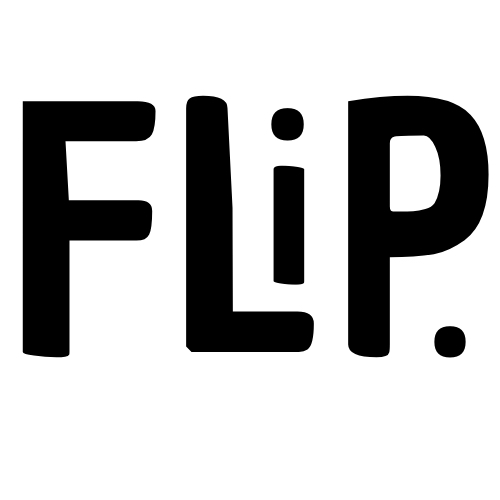Māori and Pasifika Cultural Competence
Kia ora nau mai harae mai. Hello, and welcome to a very important article worth reading prior to starting your journey in Aotearoa.
Kia ora nau mai harae mai. Hello, and welcome to a very important article worth reading prior to starting your journey in Aotearoa.
Something very special about working in NZ is it’s unique cultural landscape. Just like any country around the world there are local cultures to understand and respect, not just to be a good human but so you can be a competent and effective health professional.
Māori communities first paddled their waka (canoes) across the Pacific Ocean to Aotearoa over 1000 years ago and still have a huge influence on life in NZ today. Most people know them nowadays by their fierce haka performances and tribal tattoos, but there are many more traditional rituals, beliefs and practices that make up the Māori experience of the world beyond these tokenistic displays.
You may have also come across the term “Pasifika” which refers to people from other Pacific Islands who live in NZ, such as Samoans, Tongans and the Cook Islanders, each nation bringing their own distinct culture.
Pākehā is the Te Reo Māori term referring to someone who is “white European” and this is the perspective from which I write this article.
Now, rather than writing your 1000 word referenced report on the Treaty of Waitangi or 500 word reflection on cultural competence for you (which you need for your Overseas Registration Application), I thought I’d take this opportunity to give you some quick snippets demonstrating how you might practically implement culturally sensitive practices into the clinical setting while in NZ.
I’ll conclude by saying this is absolutely not a comprehensive list and as with most experiences, after 1 year of working in New Zealand I realised how much more there is to learn! There are plenty of online courses nowadays and your employer may point you in the direction of some further training if you’re interested. My main reference point while writing this article was the PNZ Māori and Pasifika resource pages.
As long as you are open and a little vulnerable with your patient about your limited knowledge of their culture, but do your best to ask questions and show respect, then you should find you’ll be able establish good rapport and have significantly better opportunity to guide them to better health.
